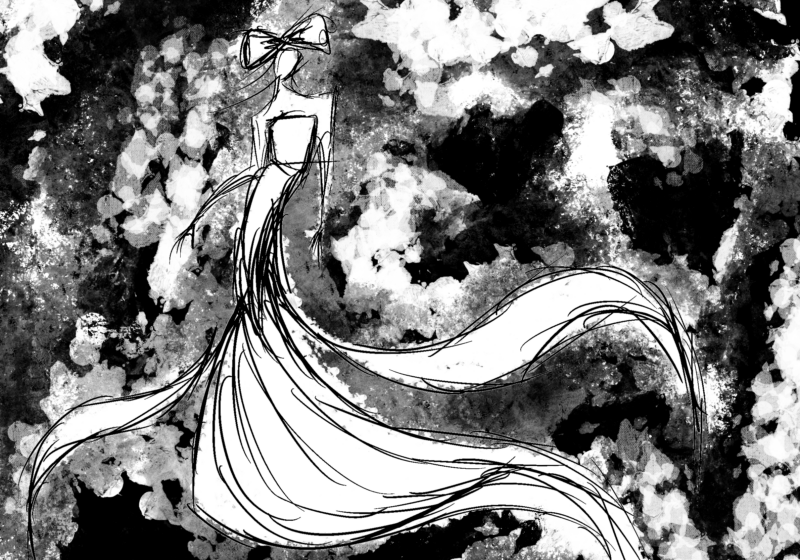The City of Rochester is not perfect. There’s a high crime rate, failed industry, face-biting winters, and a floundering child-education system. The students, who have been living here for at least four years of their life, utilize housing in neighborhoods like the 19th Ward and Mount Hope, drive on the ice-ridden roads, and feel concerned for their safety when reading security updates in Gmail, can’t be blamed for finding flaws in the surrounding community.
Do they know, however, that most of the violent crimes are focused in the northern regions of Rochester, and that according to cityofrochester.gov, most assaults are committed by people known to their victims? That UR, the Eastman School of Music, and the remnants of what were booming industries make Rochester a cultural hub with an interesting history? That members of the University community could help to better education in city schools? Or that the snow can actually be really beautiful? Rather than insulting the place they live, finding every possible flaw and expounding their complaints with the observation that a company based here went bankrupt and the fact that it is cold, students who have a problem with UR should focus on the positive aspects of the city, and what they can do to participate to create change.
It can of course be argued that there are some serious problems in the city. There is no reason to call it boring, however. There are so many things to do in Rochester, a city with a character formed by the people who have lived here. There are music and record stores; the Kodak Theater and Eastman School of Music, which is never short on performances; artsy coffee shops; independent bookstores; and restaurants of all types. There is the Museum of Play, the George Eastman House, the Memorial Art Gallery, the Little Theater, High Falls, Mount Hope Cemetery, Lake Ontario and its beach, Canada a short road trip away, Highland Park, the Geva Theater, concert venues, and the list goes on. Most of these places are a bus ride away. And yet people say there’s nothing to do here. You’d think that list would be hipster-college-student paradise.
There is, believe it or not, a reason why there are buildings named “Sue B.”, “Douglass”, and “Bausch and Lomb.” Susan B. Anthony got women the right to vote. Fredrick Douglass led slaves across Lake Ontario to freedom and ran a slave-liberation newspaper. Bausch and Lomb made huge progress with optics technology. And obviously there’s Eastman Kodak. Sharing a history with all these people and the progress they made should trump the fact that Kodak eventually went bankrupt.
This is not to sugarcoat the serious plights of certain citizens, or to approach with ignorance and naivete the state of the city. It is simply to say that rather than seeing Rochester as a failure, people should see it as capable of experiencing improvement.
There is a larger community that some students living off campus are essentially a part of, but do not notice. Families living next-door to some off-campus houses have memories and attachments associated with places now occupied by college students. Yet, it is doubtful that any students living there are bringing homemade foods to their neighbors upon their arrival. Not to say that there needs to be a loving companionship made, but it does not seem justified for someone to complain about the place he or she lives while maintaining an attitude of indifference with regards to what he or she can do to fix problems that exist.
There are several ways students can get involved in the community. We are all here with aspirations of being doctors, engineers, artists, politicians, or educators. But what is the use in training for these professions without some sort of real-world applicability? If Rochester has so many problems, why don’ we all pitch in to help the parts that need help? Many students do, and that is why Rochester is not “dying”. It is living, breathing, and has potential. The more the mindset of UR students drifts from complaint or indifference to care and compassion, the healthier the City of Rochester will become and the less there will be to complain about.





